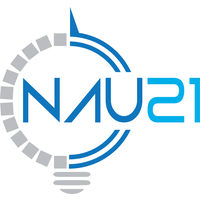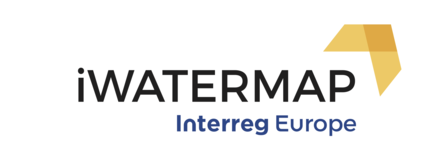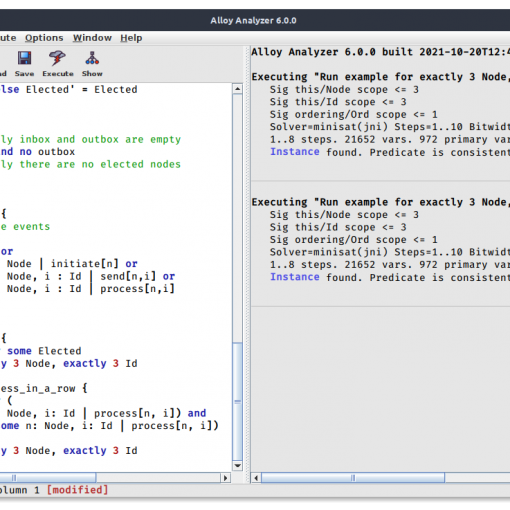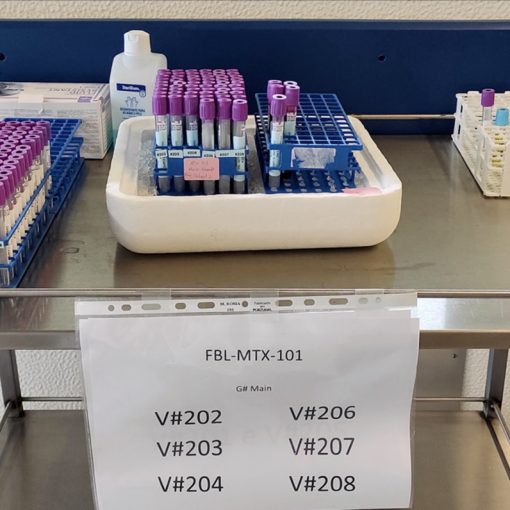The platform that was born in the School of Engineering of the University of Minho converts industrial waste into new products, from furniture to footwear was one of the finalists for the European prize.
The Portuguese platform Fibrenamics Green was one of the 25 finalists for the European Commission’s Regiostars 2020 award, which distinguishes projects funded by European funds that demonstrate new approaches in areas such as urban development or sustainability.
The project, which was born at the University of Minho in collaboration with the Centre for Waste Valorisation, UMinho’s interface, was competing in the category of “Sustainable growth: circular economy for a Green Europe”.
Through a collaborative platform of 20 researchers, industrial partners and 80 designers, Fibrenamics wants to respond to the millions of tonnes that industry produces annually in the European Union. What could once be seen as just something to dispose of can gain new life, says Raul Fangueiro, Professor at the School of Engineering at the University of Minho and coordinator of Fibrenamics Green, while responding to ‘excessive waste production’.
“When we started the platform we wanted to find solutions to recover waste”, explains the teacher. Through the platform, which works in collaboration between the areas of industry, science and design, waste can be converted into value-added products such as furniture, footwear, lamps and much more. Raul Fangueiro details that the project has “100 industrial players involved”, one of them being the Swedish Ikea chain.
In general, resources from the textile, mining, furniture or plastics industries are used. Plastic is “undoubtedly” the most used type of waste, explains the EEUM teacher. But in some industries with more specific waste, such as mineral extraction, there are some differences: in the case of blackboard, for example, where only “25% of what is extracted is converted into products”, the waste becomes bench or furniture elements.
The project has already led to two spin offs: SlateTec, which is dedicated to the production of ecocomposites, created by the company Lousas de Valongo for the recovery of waste produced in the extraction of slate; and Givaware, which is dedicated to the development of products using new sustainable materials according to the principles of circular economy.
The winners of Regiostars 2020 were announced on 14 October in Brussels during the European Week of Regions and Cities. For Raul Fangueiro, being among the finalists “is a huge satisfaction and a recognition of the methodology” implemented. The coordinator of this platform recalls that “waste was a very scattered issue, very much oriented towards urban waste”. With this platform it was possible to focus on industrial waste, creating added value products.
Raul Fangueiro believes that, at this moment, “the platform lives by itself, with the capacity to generate projects”, further reinforcing that there is room for internationalization, “extending first to the European area”. The teacher says that some geographies have a more interesting potential, taking into account the waste to be used: in the textile Spain or Italy could be countries to explore or the Nordic countries, taking into account the waste from the wood industry.



